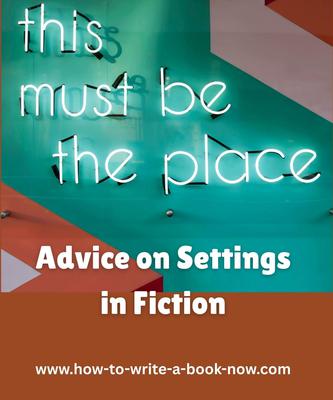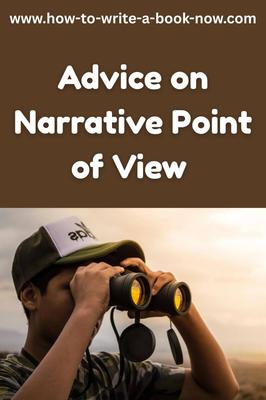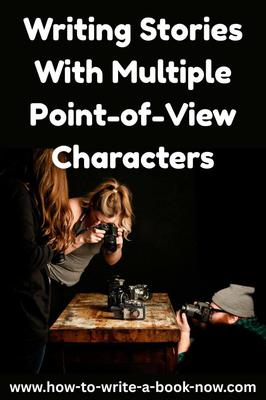Ways to edit
Question: Now, I understand that, when doing the first draft, you must simply write, even if pace, descriptiveness, and character accuracy are dead. Now, the question I have is, how do you look at text with no sense of art and, just by deleting and adding to the existing text, turn it into a masterpiece? When I do it, the pace is bumpy, I have to delete terrible descriptions, and plot holes sometimes even appear. This is because, when I look at bad prose, I don't know where to start to improve it. Plus, the flow of it seems to be in a bad direction, and I feel like I can't change that just by changing a few words. Any tips?
Answer: You might start by getting a copy of the book "Self-Editing for Fiction Writers" by Renni Browne and Dave King.
This book offers a lot of advice and exercises covering a variety of aspects related to editing your work.
It sounds like you already have some ability to recognize when your prose is not as good as you'd like it to be. That's good. (It's far worse to be the kind of writer who writes badly but thinks their writing is great.)
A lot can be achieved simply by practicing the following procedure.
Read through your story and make a list as you go of things you'd like to improve about it, from big things (e.g. scenes to cut, plot holes to fill, character arcs to develop) to smaller details (e.g. too many adverbs, passive verbs).
Don't start editing until you've gone through the entire manuscript and finished your list.
Wait a few days. Then revise your story, tackling each item on your list, one at a time. Don't try to make the story perfect. Just strive to make it better.
You may find some new and helpful ideas come to you as you do this. You can add incorporating these ideas to the bottom of your list as you go.
Once you've addressed everything on your list, wait a few days, then go back and read the story again. Make a new list of things to improve as you go.
Repeat this process several times.
With each round, the lists of things to improve will get shorter.
Eventually, you'll only be worrying about nitty gritty things like the odd sentence, word, or punctuation mark that still bothers you. At that point, the story is probably close to being as good as you can make it, at least for now.
That's when you decide whether it's good enough to publish, show to a critique group, or maybe just stick in a drawer for a time while you work on something else.
Best of luck.
- Home
- Writing Questions
- Ways to edit















